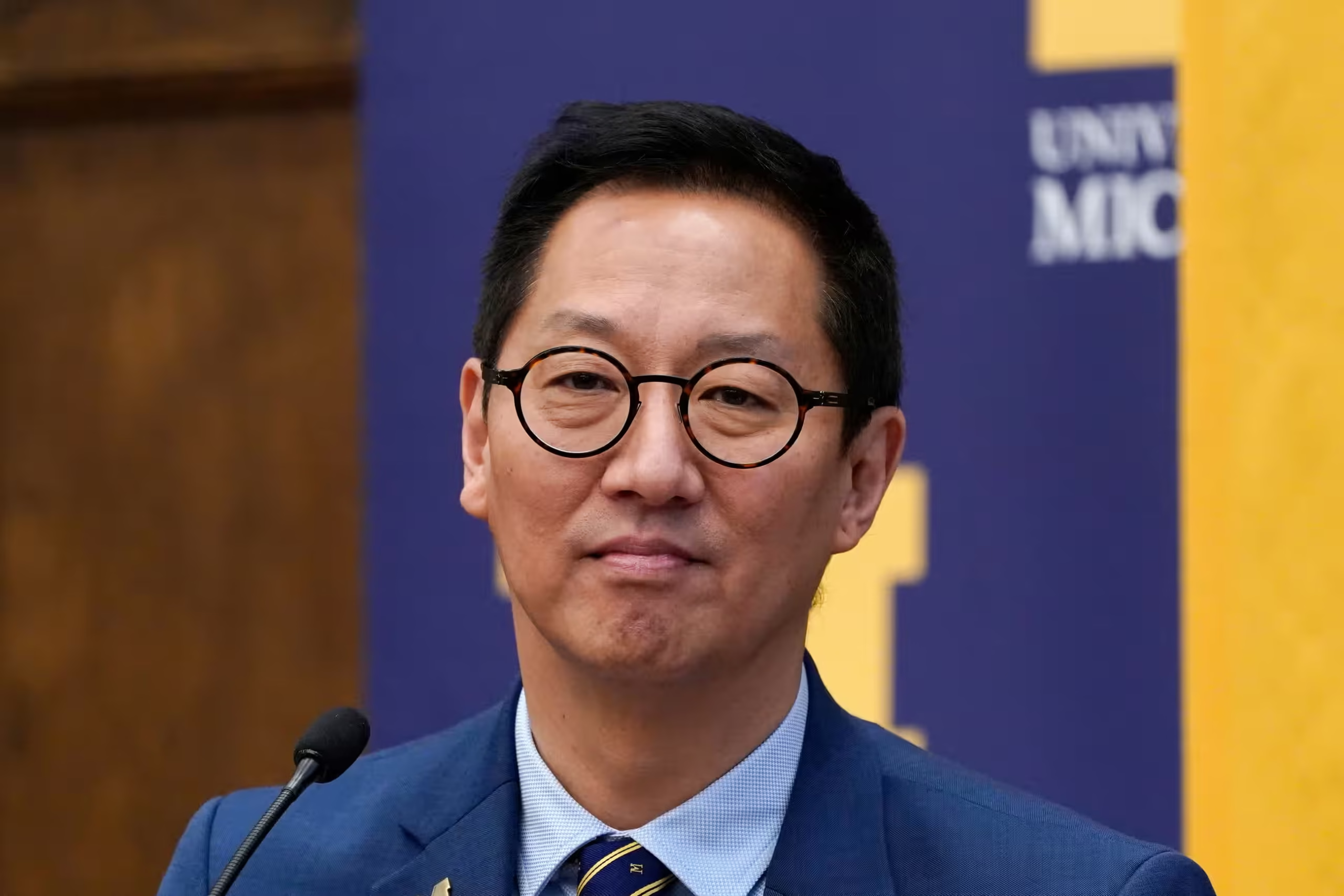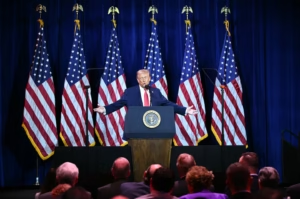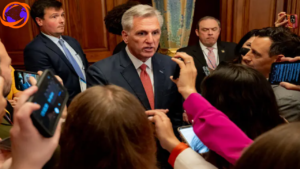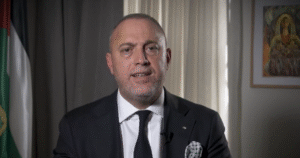In a landmark decision that has sent shockwaves through academic circles, the Florida Board of Governors voted 10–6 to reject Dr. Santa Ono’s appointment as president of the University of Florida (UF). Despite unanimous approval from UF’s Board of Trustees, the rejection underscores the intensifying political scrutiny over higher education leadership and diversity initiatives in the United States.
The Controversial Rejection of a Respected Academic Leader
Dr. Santa Ono, a distinguished immunologist and experienced university administrator, was poised to become UF’s 14th president. His candidacy was endorsed unanimously by UF’s Board of Trustees, highlighting his extensive leadership experience at institutions like the University of Michigan, the University of British Columbia, and the University of Cincinnati. However, his past support for diversity, equity, and inclusion (DEI) initiatives became a focal point of contention.
Conservative figures, including U.S. Senator Rick Scott and Donald Trump Jr., criticized Ono’s DEI advocacy, labeling him as promoting “woke” ideologies. Despite Ono’s recent efforts to distance himself from DEI programs, stating that they had become overly bureaucratic and divisive, the Florida Board of Governors remained unconvinced. Governor Ron DeSantis, known for his opposition to DEI initiatives in public institutions, did not publicly support Ono’s appointment, further influencing the board’s decision.
Political Climate and Its Impact on Higher Education
The rejection of Ono’s appointment reflects the broader political climate in Florida, where conservative leaders have increasingly targeted DEI programs in public education. The decision marks the first time in UF’s history that the Board of Governors has overturned a presidential selection, signaling a shift in how political ideologies are influencing academic leadership appointments.
Critics argue that this move undermines academic freedom and the autonomy of educational institutions. Supporters of the decision, however, contend that it aligns with the state’s commitment to eliminating what they perceive as divisive and unnecessary programs within public universities.
Santa Ono’s Tenure at the University of Michigan
During his tenure as president of the University of Michigan, Ono was recognized for his commitment to sustainability, mental health advocacy, and open communication with students. He launched initiatives like Vision 2034 and Campus Plan 2050, aiming to guide the university’s strategic direction and campus development. Ono also played a pivotal role in expanding Michigan Medicine by integrating Sparrow Health System, creating a $7 billion healthcare organization.
Despite his accomplishments, Ono faced criticism for his handling of pro-Palestinian protests on campus. His decision to invest more in Israel-linked institutions and prevent student government votes on divestment drew backlash from pro-Palestinian activists, who accused him of suppressing dissent and promoting conspiracy theories.
Implications for Academic Leadership and DEI Initiatives
The controversy surrounding Ono’s rejected appointment highlights the growing challenges faced by academic leaders who support DEI initiatives. As political debates over these programs intensify, university presidents and administrators may find themselves navigating complex landscapes where their past actions and beliefs are scrutinized through partisan lenses.
This incident may deter qualified candidates from pursuing leadership roles in states where political interference in higher education is prevalent. It also raises concerns about the future of DEI programs and the ability of universities to foster inclusive environments amid political opposition.
The Future of University Leadership in Politically Charged Environments
The rejection of Santa Ono’s appointment serves as a cautionary tale for both academic institutions and prospective leaders. It underscores the need for universities to balance their commitment to inclusivity and academic freedom with the political realities of their operating environments.
As higher education becomes an increasingly politicized arena, the selection and retention of university leaders will likely involve more rigorous evaluations of their past actions and affiliations. Institutions must navigate these challenges carefully to maintain their integrity and fulfill their educational missions.
Subscribe to trusted news sites like USnewsSphere.com for continuous updates.
[USnewsSphere.com / tg.]





